‘Women’s inclusion in policy making crucial’
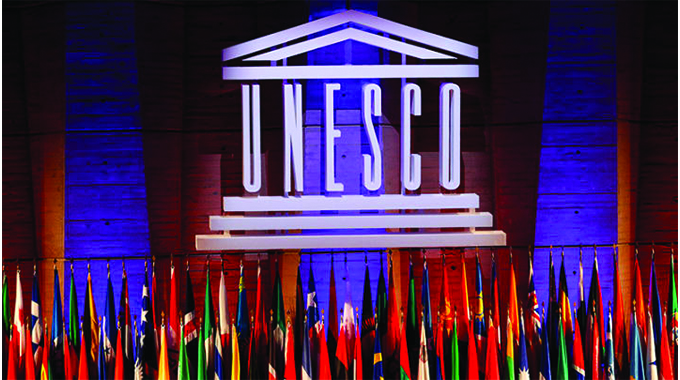
Ashley Phiri, [email protected]
MORE women should actively participate in policy-making processes including negotiating favourable labour frameworks as they are the most affected by social insecurities.
This became a major discussion topic during a two-day United Nations Educational, Scientific and Cultural Organisation (Unesco) meeting in Bulawayo that was organised in conjunction with the International Labour Organisation (ILO), the Ministry of Public Service Labour and Social Welfare and the National Arts Council of Zimbabwe (NACZ).
In their submissions participants stressed the need to formalise operations in the Creative and Cultural Sector (CCE), tackling inherent barriers and capacitating those in the sector to transition from informal to formal operators.
A baseline study conducted by consultants, Florence Mukanga and Ayeta Wangusa, has already been done to provide a roadmap on how to enhance women’s participation in the sector and how to curb their exploitation by service providers.
Concern was raised over limited women’s participation in key decision making processes in many professions, which negatively affects the realisation of their full potential. The participation of women at the meeting was also noted as significantly lower when compared to males.
In an interview on the sidelines of the event, ILO director for Zimbabwe and Namibia Ms Philile Masuku said women’s inclusion in policy-making was crucial as they are sensitive to a number of issues including those that do not directly affect them due to their role as primary caregivers.
“I don’t have the statistics of women inclusion in policy-making but in the case of Zimbabwe, I know that there are some trade unions that are chaired by women.
“I might not have all the statistics but I encourage women inclusion at the policy level because it is in line with ILO’s mandate to be inclusive and gender-sensitive,” she said.
“We know that when you empower women you empower a community and women are also sensitive to others’ needs as well because in most cases they are the primary caregivers at home so they know the needs of different people including people with disabilities and they may come up with inclusive policies that leave no one behind,” said Ms Masuku.
Multi-talented artiste Sarah Dhlamini popularly known as Sarah Dee who was a participant at the Indaba expressed her disappointment that women were not actively participating in such critical dialogue and yet they are prone to exploitation and abuse in areas where they conduct business.
“I am glad I was here to be part of this critical Indaba but what probably saddened me is that the proportion of women to men here is not balancing,” she said.
“Women should actively participate in policy-making frameworks because they get exploited all the time and if they are here they can be able to influence policy going forward.
“The other issue we have is that sometimes when issues are raised by women during these discussions, participants look at the title of the person talking and in most instances if it is not a well-established individual the point raised is unlikely to be adopted let alone discussed in depth.”
The meeting reiterated that women’s participation in policy-making is key to sustainable development hence every part of the population must be equally represented.
Having both men and women involved in policy-making broadens the perspectives, increases creativity and innovation, diversifies the pool of talents and competencies, reduces conflicts and improves the process of decision-making, said the participants.



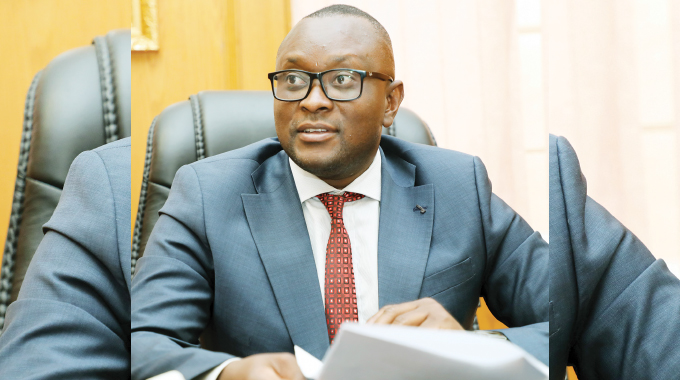
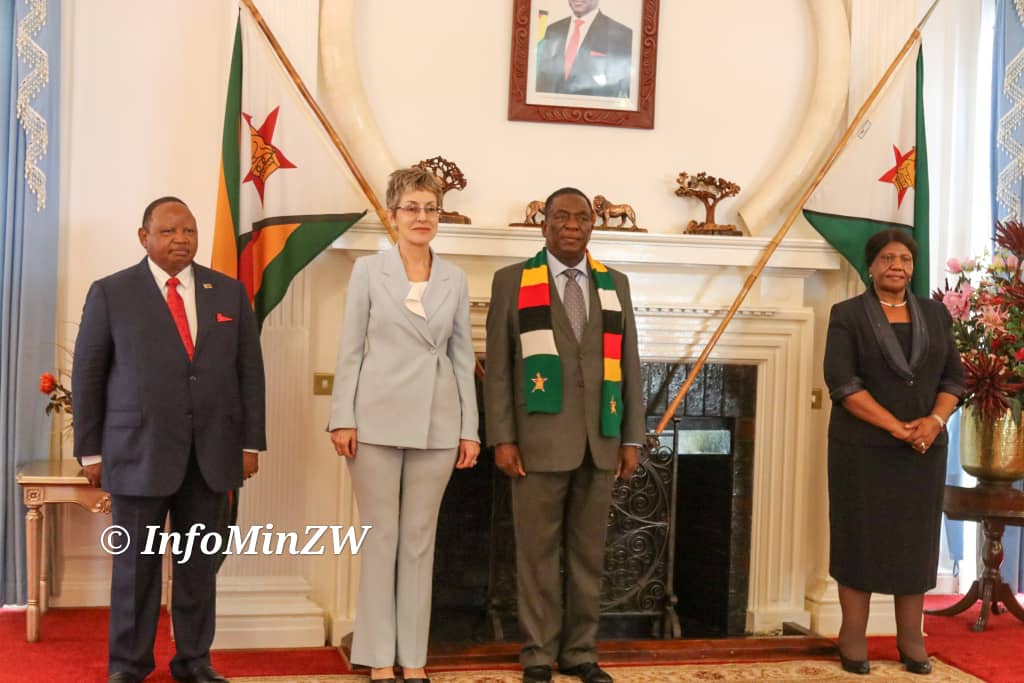





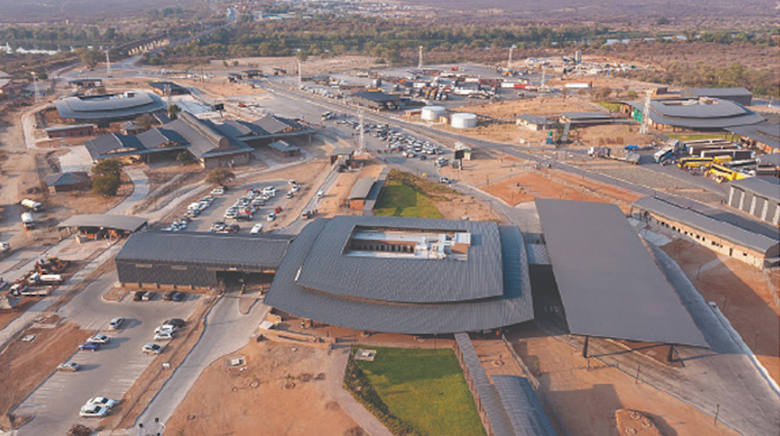
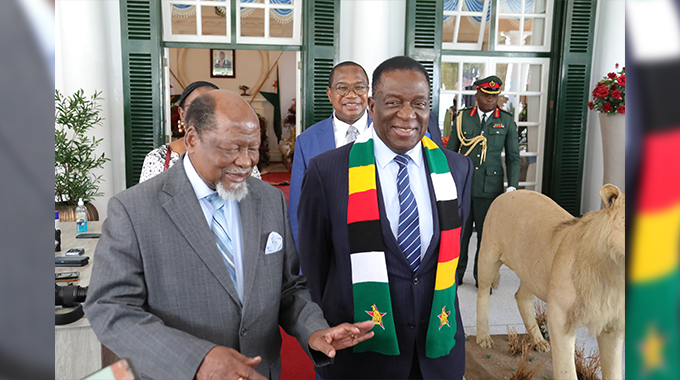
Comments